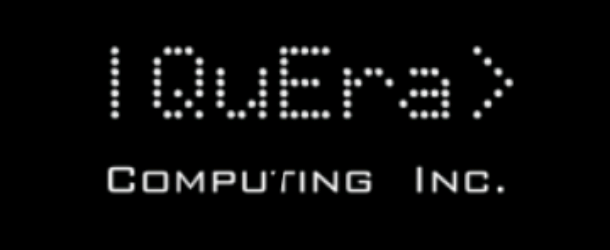QuEra more than quadruples Aquila availability on Amazon Braket

QuEra Computing, which had the distinction of becoming the first publicly-accessible neutral-atom quantum computer when it debuted on Amazon Braket late last year, is increasing the availability of its 256-qubit Aquila device on the Braket service from 10 to 48 hours per week.
This capacity increase is in response to a consistently high level of customer demand for the device via Amazon Braket, and will potentially allow many more users around the world to access Aquila, according to Boston-based QuEra.
“It is very encouraging to announce such a significant expansion in Aquila’s availability just a few months after we launched on the cloud,” said Alex Keesling, CEO at QuEra Computing. “The response in the quantum computing community to Aquila and neutral-atom quantum has been very strong, and we believe this additional capacity on Amazon Braket opens up even more opportunity for corporate and research partners to explore quantum computing projects with QuEra.”
“Amazon Braket is rooted in giving our customers choice as they explore different types of quantum computing hardware. By increasing the availability of QuEra’s Aquila device on Amazon Braket by almost five times, we’re opening up even more opportunities for users to experiment with their hardware of choice on our service,” said Richard Moulds, general manager, Amazon Braket. “Beyond facilitating access to quantum computing resources on a global scale, Aquila’s increased availability means customers can now execute even longer and more sophisticated jobs. This provides a rare opportunity for users in various industries to address several of their most complex business problems, including those utilizing quantum machine learning, optimization, and simulation applications.”
In a recent interview with IQT, Moulds said Amazon Braket would continue work with its QPU partners to expand availability of existing and new machines via the cloud, and added that a cloud-based model continues to be the best way for many users to experiment with quantum computing. “Buying your own machine doesn’t really make sense because these machines are all very different. Nobody knows which one is going to prevail in the future, and they are constantly changing so… I don’t know if that’s a great investment right now, but a service that gives you easy access to a variety of technologies I think makes a lot of sense.”
Dan O’Shea has covered telecommunications and related topics including semiconductors, sensors, retail systems, digital payments and quantum computing/technology for over 25 years.























